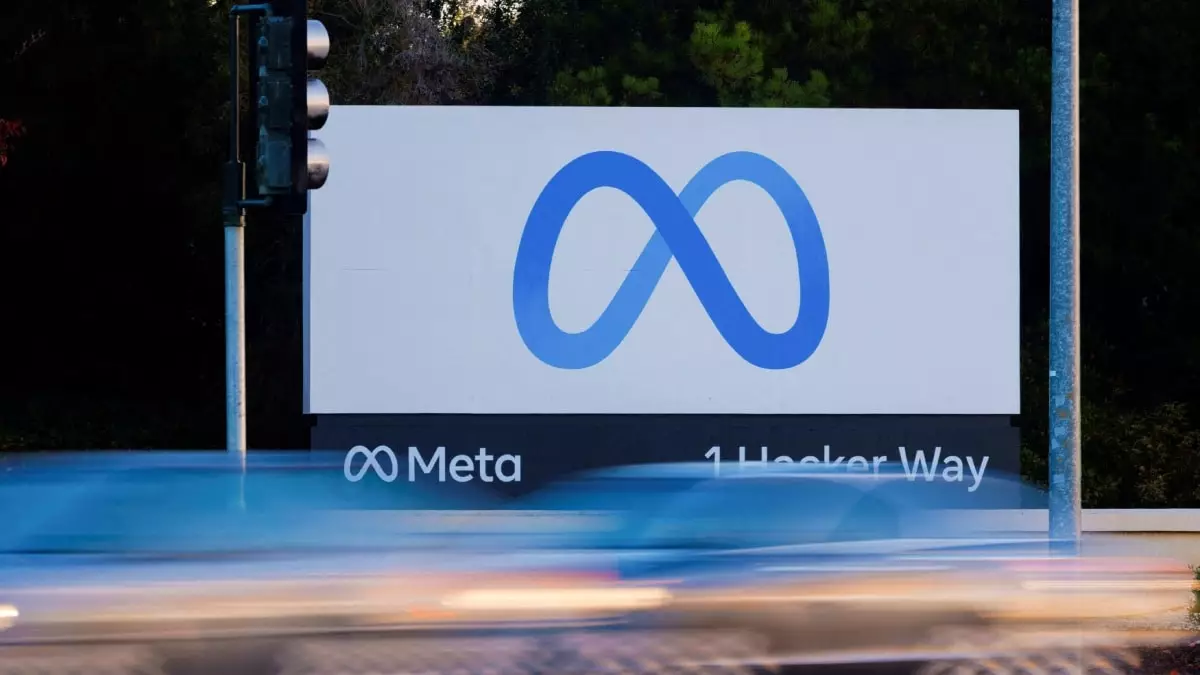The Brazilian government has taken a decisive stance against recent alterations made by Meta, the parent company of social media giants Facebook and Instagram, regarding its fact-checking initiatives. Solicitor General Jorge Messias announced that Meta must provide an explanation for these changes by Monday, following the company’s controversial decision to eliminate its fact-checking program in the United States. This policy adjustment raises pressing concerns not only about misinformation but also about broader implications for social discourse in Brazil.
The fallout from Meta’s policy transformation is significant, particularly in light of the company easing restrictions on sensitive subjects like immigration and gender identity. Messias characterized this shift as erratic, likening Meta’s policy to an “airport windsock” that changes direction with the shifting societal winds. This metaphor underscores the Brazilian government’s view that Meta’s inconsistency could pose a risk to public discourse and societal norms. The Solicitor General reaffirmed that Brazilian citizens would not acquiesce to such unpredictable corporate policies.
Adding weight to these concerns, Brazilian President Luiz Inacio Lula da Silva expressed his alarm over the recent changes, dubbing them “extremely serious.” His remarks highlight a rising unease within the government about the influence of tech companies over public narratives and information integrity. By convening a meeting to discuss the implications of Meta’s policy shift, the Brazilian government is signaling its commitment to safeguarding its citizens against the potential spread of misinformation that could be facilitated by these new regulations.
The Corporate Perspective
From Meta’s viewpoint, the adjustments appear to stem from a desire to alleviate criticism over excessive censorship and erroneous fact-checking. CEO Mark Zuckerberg mentioned that the company has faced “too many mistakes and too much censorship,” suggesting that recent changes are an effort to recalibrate its approach in actualizing free speech. However, these corporate justifications may not resonate well with regulators and citizens in Brazil, where the impact of misinformation can have dire consequences.
Looking Ahead: A Call for Responsible Governance
As the deadline for Meta’s explanation looms, the governmental response could set a precedent for future interactions between tech firms and regulatory bodies. The Brazilian government seems poised to challenge the influence of platforms like Meta, demanding accountability and more stringent approaches to undue manipulations of fact-checking programs. In a global landscape where misinformation abounds, Brazilian authorities may well act as a bellwether for other nations wrestling with similar challenges.
The future of social media and information integrity hangs in the balance, with Brazil standing at a crossroads that could redefine how tech companies govern the dissemination of information.

